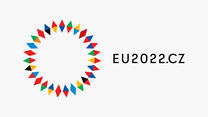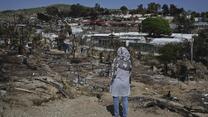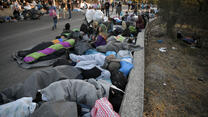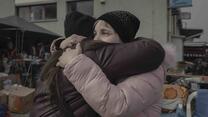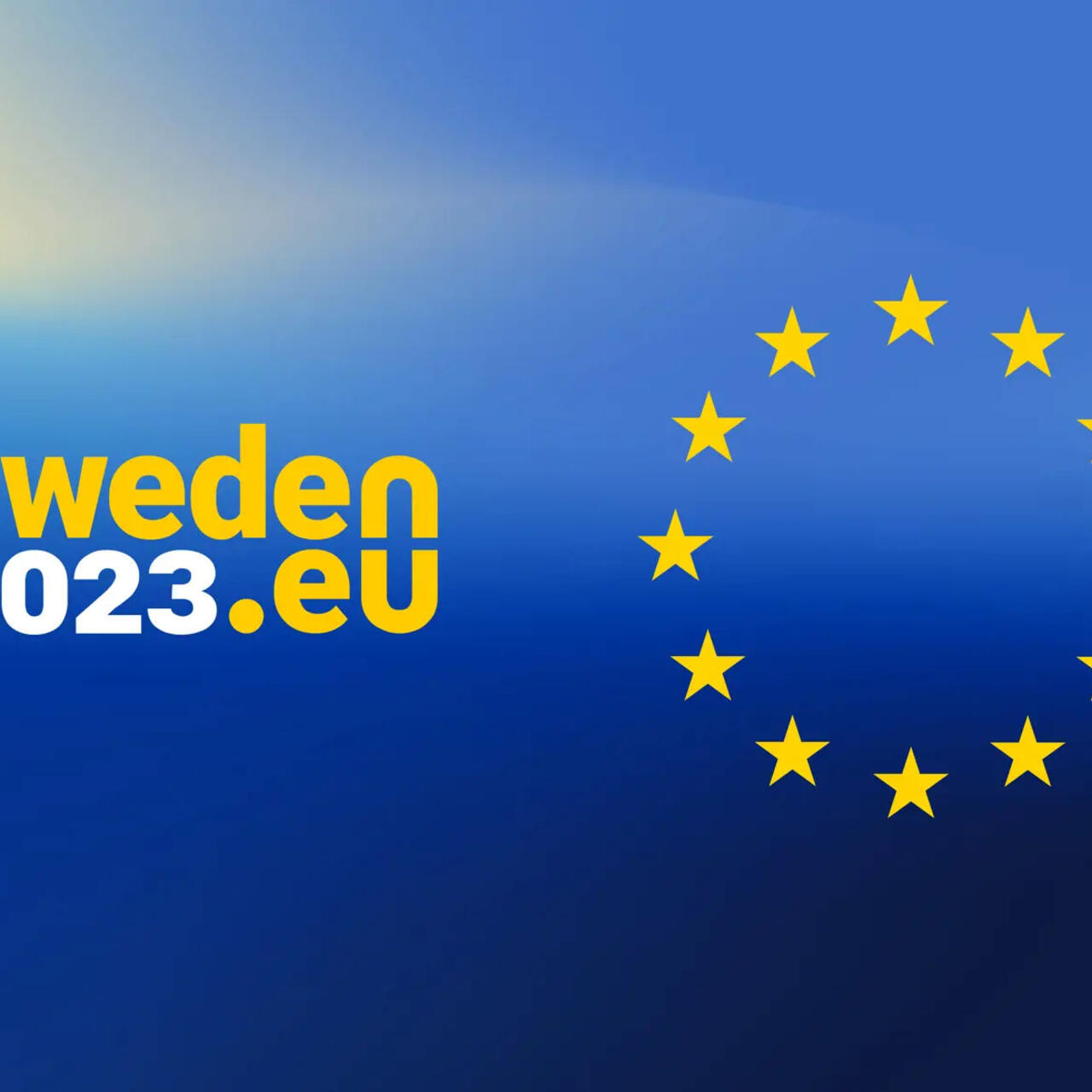
Now that Sweden has assumed the presidency of the EU Council for the first half of 2023, the IRC is calling on Sweden to ensure that the EU protects people impacted by crisis and conflict globally, including refugees and other people on the move.
Sweden should also continue setting a high standard for all EU member states while influencing EU policy and action in line with principles of fundamental human rights - particularly the right to asylum for people on the move.
Here are 6 ways the Swedish Presidency can create a Europe that better protects, welcomes and empowers:
1. Ensure that humanitarians can reach people in need, and that international humanitarian law cannot be violated with impunity.
As the holder of the current Council Presidency of the EU, Sweden has an important opportunity and a responsibility across the next six months to both defend and strengthen - within Europe and beyond - international humanitarian principles and law at a time of unprecedented humanitarian need. Honouring and promoting the principles of equality and the preservation of fundamental rights - enshrined at the heart of EU law - will also be critical.
The startling acceleration of crises globally means action is needed to save lives to limit their impact on affected communities and prevent these crises from spiralling out of control. To protect civilians trapped and increasingly targeted in conflicts, Sweden’s Council Presidency must ensure that preserving International Humanitarian Law (IHL) remains a top priority for the EU. It must also continue to focus on overcoming serious barriers to humanitarian access so that vital assistance can reach the people who need it most - paying particular attention to countries most at risk of humanitarian decline in the year ahead as highlighted in the IRC’s 2023 Watchlist, including Ukraine, Afghanistan, Ethiopia, and Yemen.
As a matter of urgency, the Presidency should seek to actively engage with the de facto authorities in Afghanistan to urgently reverse the law banning women from working for national and international non-governmental organisations (NGOs).
The Presidency should champion the importance of EU-led diplomatic engagement on this issue, stressing the essential role that women play in the delivery of humanitarian assistance. The Presidency should also use all channels, including coordination with the UN and engagement across Islamic countries and the Organisation of Islamic Cooperation, to urge the de facto authorities to reverse this ban.
2. Galvanise a robust international financial response to address unprecedented levels of humanitarian need worldwide.
The IRC calls on the EU to galvanise a robust international response – both diplomatic and financial - to respond to the unprecedented number of 340 million people in humanitarian need worldwide.
The Swedish Presidency must show leadership and encourage EU institutions (as well as other member states) to make greater progress towards reaching the collective target of providing 0.7% Gross National Income as Official Development Assistance.
In Afghanistan, the EU Presidency must also seek to protect and sustain humanitarian funding following the de facto authorities’ ban on women NGO workers to ensure that upon any reversal of the ban and resumption of critical service delivery, funding can be immediately disbursed and used to address the immediate needs of the Afghan people.
3. Stand in solidarity with refugees worldwide and expand safe, regular pathways to protection
As a historically key player on refugee resettlement, Sweden should lead EU-wide efforts to grow resettlement programmes and ensure they are fit for the future.
In the context of the EU’s response to Ukraine, given that a record two million people are expected to be in need of resettlement globally, the needs of people on the move fleeing other crises - including refugee resettlement commitments - must not be overlooked.
In the last two years, the EU has met little more than 1% of global resettlement needs. The year ahead must mark a significant recommitment to resettlement as a safe, durable pathway to protection for people on the move.
The Presidency should spearhead collective EU commitments to resettle at least 40,000 refugees in 2023, ensuring that quotas are implemented promptly and in full, prioritise the swift adoption of an EU-wide resettlement framework, following the recent agreement between the Parliament and the Council, and foster best practice sharing and joint leadership between states to expand pathways to protection. Sweden should, as a vital first step, set a positive standard by reversing recent severe cuts to national resettlement programmes.
4. Protect the fundamental rights and dignity of people on the move, in Europe and beyond
The principles of refugee protection and solidarity must remain at the core of efforts to reform EU asylum systems.
In particular, efforts to undermine or dismantle EU asylum and reception laws must be firmly rejected, and the right to international protection firmly upheld for all - regardless of how people reach Europe.
The Presidency must put a stop to illegal pushbacks and other human rights violations at Europe’s borders, and ensure that those responsible are held accountable. The IRC calls on EU countries to establish truly independent border monitoring mechanisms in order to make this a reality.
Sweden must also uphold a commitment to solidarity with regards to refugee protection in Europe, including calling on all member states to uphold their pledges to relocate people from border states such as Greece and Italy in a predictable and transparent way.
While such voluntary relocation schemes are welcome, ongoing negotiations on EU asylum reforms must prioritise establishing a mandatory, permanent and predictable solidarity mechanism between EU member states.
This approach must not stop at Europe’s borders. We call on the Presidency to protect the rights and dignity of people on the move beyond the EU, ensuring that any partnerships involving migration management fully protect people's rights.
5. Invest in climate adaptation and resilience ahead of climate shocks causing food insecurity and ensure finance is accessible to fragile communities on the frontlines of the climate crisis.
The IRC’s Emergency Watchlist 2023 highlights the unprecedented number of people facing acute food insecurity across East Africa, and how the deadly combination of economic decline, conflict and climate change is intensifying famine conditions - with vulnerable populations bearing the brunt.
The reality is that these crises are both predictable and preventable. The international community - including the EU - must learn from their past mistakes and better act in anticipation of droughts and famines, rather than in reaction to them. Increasing financing streams for anticipatory and resilience building interventions ahead of climate shocks is crucial.
However, the countries most severely affected by fragility and conflict - which are also most likely to suffer the impacts of climate change and food insecurity - too often have the least access to climate finance.
The EU should ensure sustained and long-term investment in climate adaptation for fragile and conflict affected states and ensure climate finance is accessible to fragile communities on the frontlines of the climate crisis.
6. Enshrine gender equality at the core of the EU’s humanitarian, development and diplomatic response
Gender inequality is the root cause of violence against women, and gender-based violence always increases in humanitarian emergencies.
The IRC calls on the Presidency to ensure gender equality remains at the heart of the EU’s humanitarian response, in order to build more resilient and peaceful societies.
The EU should expand the groundbreaking work completed already as part of the United Nations’ Spotlight Initiative (tying gender equality to Sustainable Development Goals), empowering women and girls in emergencies and providing lifesaving services to survivors of gender-based violence.
